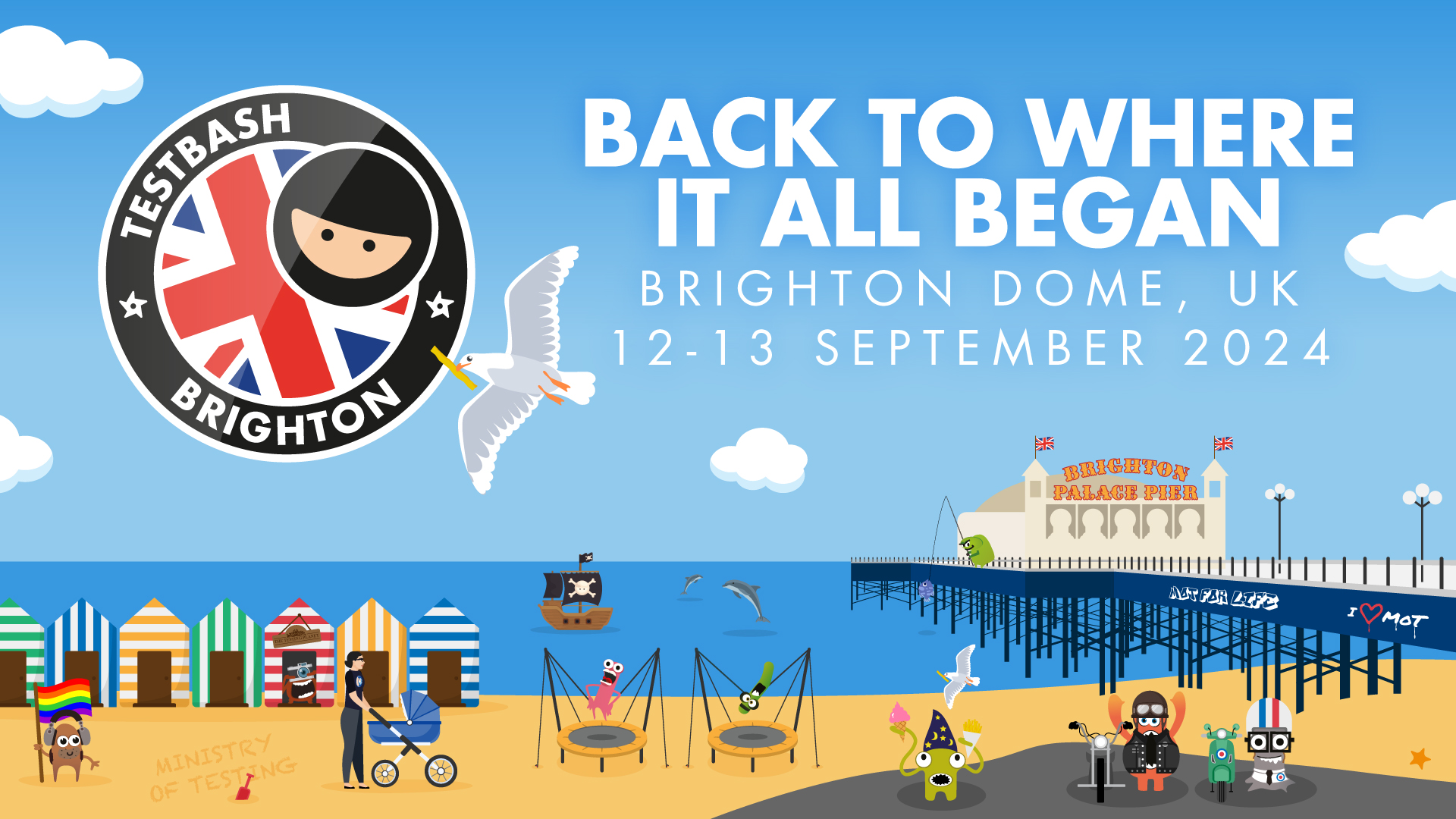In September 2013, a self-taught developer from Spain tried to design a website based on a Powerpoint presentation. Unable to find any jQuery plugins to help with this, Alvaro Trigo created one himself, calling it ‘fullPage.js’. Little did he know that the open source project would soon snowball, attracting 30,000 Github stars, 124+ contributors, and thousands of happy users, including Google, EA, Sony, BBC, and eBay.
In the early stages, like with many open source projects, Alvaro spent his time doing a bit of everything, including coding, marketing, creating video tutorials, extensions, licenses, and articles for the project. fullPage.js soon gained traction and issues started getting flagged from a number of users. As he tried to investigate and fix these issues, Alvaro realized a major shortcoming...
Being an iPhone user, Alvaro had no access to other operating systems like Android or Windows. “It was frustrating,” he explains, “because people reported issues I couldn’t test or investigate.” He considered purchasing an Android device, but that still wouldn’t give him access to different browser versions, especially for IE. He tried the IE9 compatibility mode, and he also tried asking friends and family to open up his website on their devices—but it simply wasn't efficient or scalable.
He needed an easy, practical way to test components and reproduce bugs on different browsers, browser versions, and operating systems.
A quick Google search led him to BrowserStack, and a 30-minute trial showed him that it was possible to test across multiple browsers and devices without ever purchasing one. BrowserStack gave Alvaro access to over 2,000 browser-OS-device combinations—for free! (The web and app testing platform is free for open source contributors.)
Alvaro was now able to test components on different browsers and devices, replicate bugs on a user’s exact setup, and be confident of compatibility. BrowserStack also offered real mobile devices, “which was important for me,' explains Alvaro, “because SDK simulators just don’t behave the same way a real device does.”
What once involved owning a virtual machine or finding a friend to help with tracking issues, was now convenient, fast, and reliable.
With BrowserStack, Alvaro was able to investigate issues more thoroughly by changing location settings, resolving URLs with his own network, testing local folders, and changing screen resolutions.
“I can now provide faster, more accurate support to my users,” says Alvaro. This gave him greater confidence in product quality, which in turn led to happier users and exponential growth. “BrowserStack has sped up the entire process of providing them with a solution. It is quick, easy to use, convenient, and free for open source contributors like me.”
BrowserStack gives lifetime free access to all products for open source developers. You can learn more or sign up.


